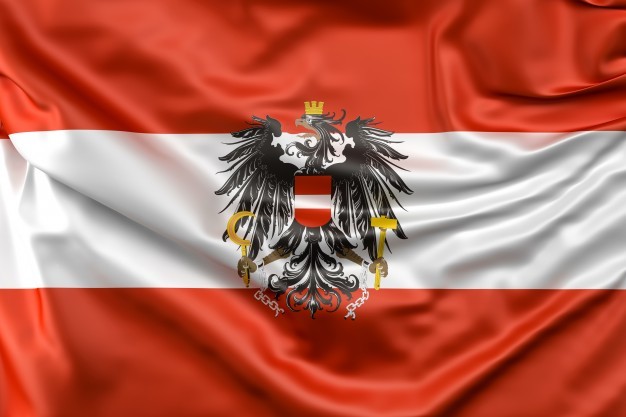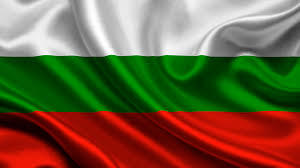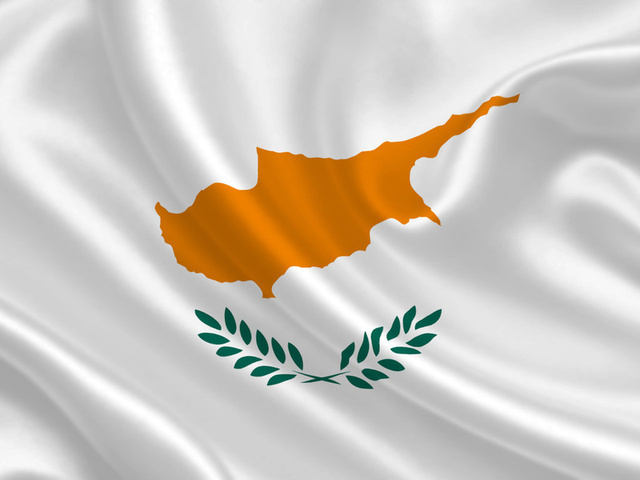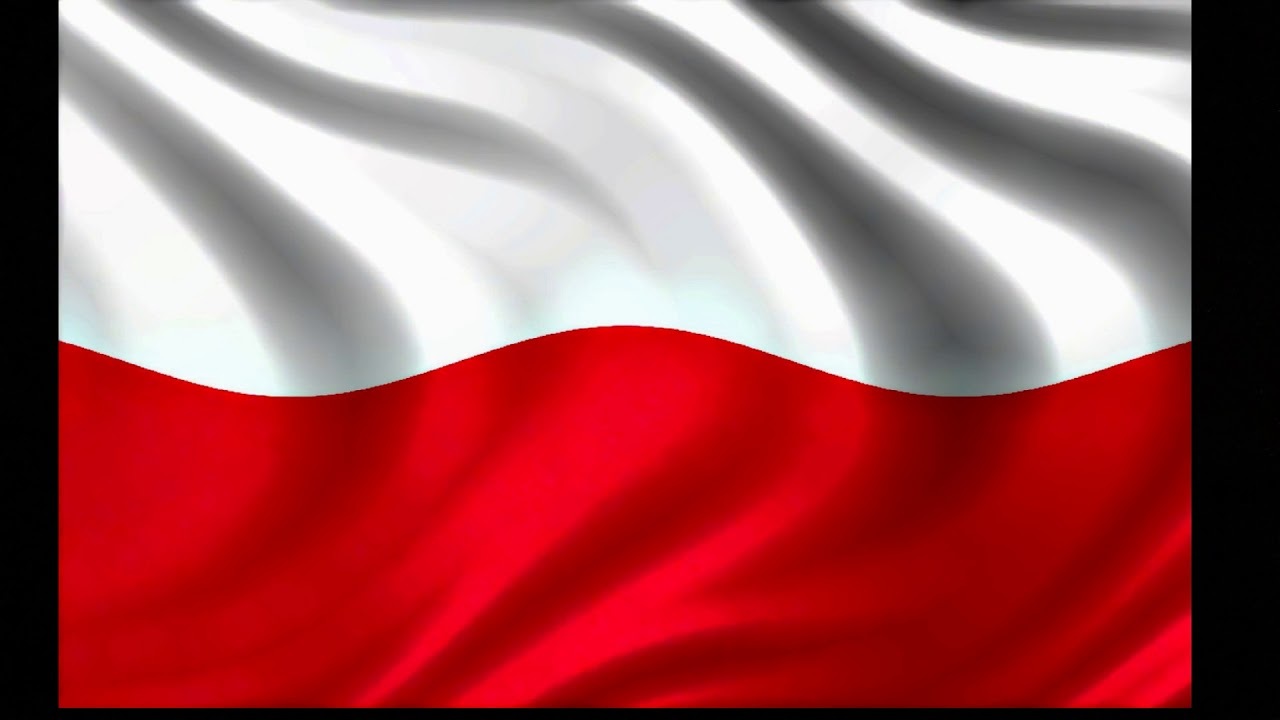Austria
Austria is a country with high legal security, excellent infrastructure and perfectly trained staff. It is ideal forstarting a company or setting up a branch office in Europe. Austria is located in the heart of Europe, and you can successfully and efficiently operate a wide range ofbusiness activities from here. Foreign citizens can start a company, take on management functions and acquirecompanies in Austria.
- the possibility of registering GmbH (LLC), the requirements for the residence of the founders and directors are absent;
- availability of a developed banking system, as well as a stable and growing economy;
- no capital gains tax for the implementation of participation in non-resident companies from jurisdictions with a tax level not lower than 15%.
Bulgaria
Company incorporation in Bulgaria allows you to become an owner of a low-tax European company and enjoy the following benefits: customs online services, European VAT, EORI number, low taxes. The role of Bulgarian companies in international tax planning is underestimated. Namely, many companies previously registered in Greece, Romania, Italy and other high-tax EU jurisdictions switch to Bulgaria. Bulgaria has signed more than 60 double taxation avoidance agreements.
- loyalty of the banking system to opening accounts for local companies owned by residents from CIS member states;
- no tax on dividends received from a local company or EEA resident company;
- exemption from payment of tax on dividends at the source upon payment to local companies and EEA resident companies, in other cases 5%;
- the possibility of communication in Russian.
Cyprus
Cyprus is one of the most favourable European environment to start or set up a company or business, and so, it is referred to as the gateway of the European common market due to the favourable tax policies, economy and other foreign investment laws.It is chosen by many non-EU companies and serves as a portal of investment from the western world into Russia, theMiddle east, Asia and South America. It is also a shipping hub with the Cypriot registered vessel, the fourth largest in the world and a large revenue provider.
- Cyprus has signed agreements on double taxation with 60 countries;
- the financial statements in Cyprus are submitted in accordance with international standards;
- Cyprus has one of the lowest corporate tax rates in Europe;
- many categories of expenses can be referred to prime cost.
Estonia
Estonia is an appealing destination for many companies both from Europe and CIS, fast company formation period and total foreign participation. This country is a full EU member since 2004. With euro as an official currency, company registration is simple. An Estonian company allows to minimize tax burden and to carry out operations with EU partners directly.Estonian legislation does not set up requirements for the number founders and Board members. They can be both Estonian residents or non-residents.
- 0% is the rate of income tax for companies before the distribution of profits;
- 14% - the presence of a preferential tax rate for the distribution of profits;
- simplicity, convenience and low cost registration of companies, remote mode, electronic residency.
Finland
Establishing a business in Finland is fairly straightforward, but in practice many foreign companies and individuals require external help in forming a company in Finland. In theory, a company can be established by a foreign entity by themselves, but in most cases it is the most cost efficient method to use external assistance.
- Finnish economy is one of the most stable in the EEA;
- having a common border with Russia provides great opportunities for cross-border business;
- Finnish banking system is stable and developed;
- online registration of a company in the form of a joint stock company (OY), the minimum CM is € 2500.
Germany
The legislation provides for the possibility of registering a company in Germany, either by local citizens or citizens holding a residence permit in the European Union, or by foreign citizens. Germany has a high reputation as a jurisdiction with a stable economy, the possibility of developing entrepreneurial activity, etc., Germany is one of the most attractive countries for opening a European company. The most popular legal form of a companyin Germany is GMBH.
- prestigious status of the company;
- no restrictions on citizenship and residence of directors and shareholders of the company;
- the possibility of payment of fixed capital in two stages.
Hungary
Hungary became a part of the European union in 2004. it is a medium sized open economy in central Europe. Its official language is Hungarian, which is the most widely spoken Uralic language in the world. Forint is the monetaryunit of the country.The primary act of law in Hungarian company law is Act 4 of 2006 on Business Associations (Companies Act). The main types of business associations under the Companies Act are identical to those regulated in EU countries.
- no tax on dividends received from a Hungarian company with the exception of dividends from a controlled foreign company;
- exemption from capital gains tax based on the principle of “participation exemption”;
- no tax on dividends, interest and royalties at the source when paying a company, and 15% when paying a physical person;
- 80 international tax treaties have been concluded.
Liechtenstein
Many foreign entrepreneurs and investors choose to register a company in Liechtenstein because it is a very tax –efficient solution to manage business operations in other jurisdictions, regardless if the said business operations are conducted in member states of the European Union or in other foreign jurisdictions. Having a flexible and efficient business environment, Liechtenstein is an option to be considered.
- private or family wealth management; companies pay only the minimum tax;
- 0% withholding tax rate;
- low basic VAT rate of 7.7%;
- 19 international tax treaties have been concluded.
Lithuania
- low income tax rate for companies - 15% of the profits;
- the presence of a special tax regime for small enterprises with an income tax rate of 5% of the profits;
- low income tax rate for individuals. persons - 15%.
Malta
- a wide range of corporate forms: Ltd (LLC), partnerships, trusts, funds for the collective investment structure and securities management;
- lack of requirements for the residence of directors, secretaries and founders;
- the system of compensation of paid income tax in the distribution of dividends also allows to achieve aneffective corporate income tax rate of 0% - 10%;
- 77 international tax treaties have been concluded.
Poland
- possibility of remote registration of companies on the basis of a notarized power of attorney;
- no tax on dividends received from EU resident companies, provided that they own more than 10% of voting shares for 2 years;
- over 90 Double Taxation Avoidance Agreement (DTAA) , including with the CIS member states.
Czech republic
A Czech Republican Společnost s Ručením Omezeným (s.r.o.) is equivalent to a Limited Liability Company in the UK or a GmbH in Austria and Germany in that it is a legal entity which is separate and distinct from the individuals who run it. For sole traders and for people in partnerships, the individuals personal assets are at risk ifthere is a claim against the organisation.
- income tax equals to 19% for legal entities, and 15% - for natural persons;
- VAT is 15-21% (depends on the type of activity of the company).
Romania
- availability of a special tax regime for micro enterprises;
- tax on interest, royalties and services at the source - 16%, but can be reduced by applying the terms of the European directive on interest and royalties;
- concluded about 85 international tax treaties.
Switzerland
The tax system of Switzerland is divided into the federal level, the level of the contacts and the municipal level, we suggest that you familiarize yourself with its main advantages:
- Swiss jurisdiction is the benchmark for the prestige and stability of the banking and economic system;
- the presence of a special corporate income tax rate of 9% -11%, provided that 80% of income is received and expenses are borne outside Switzerland;
- there is no tax on royalties and services at the source;
- low VAT rate;concluded over 80 international tax.
United Kingdom (UK)
Great Britain is one of the main financial and economic centers of the world; the tax system favors international business structures to use its opportunities.
- a wide range of business forms: LTD, LLP, LP, etc., there are no requirements for the residency of directors and founders;
- the special position of the British LLP and Scottish LP for international business, simplified or missing reporting, the absence of taxes on income from outside activities;
- 0% tax on dividends without requirements for the term and size of ownership;
- 0% capital gains tax according to the “rule exemption” principle of at least 10% for a period of at least 12 months;
- 0% capital gains tax for non-resident companies in the absence of a permanent establishment;
- 0% tax on dividends at the source, with the exception of real estate investment trusts (20%).
Contact us
- United Kingdom, Farringdon, London, 1 Giltspur Street, EC1A 9DD
- d.i@intranovum.com














